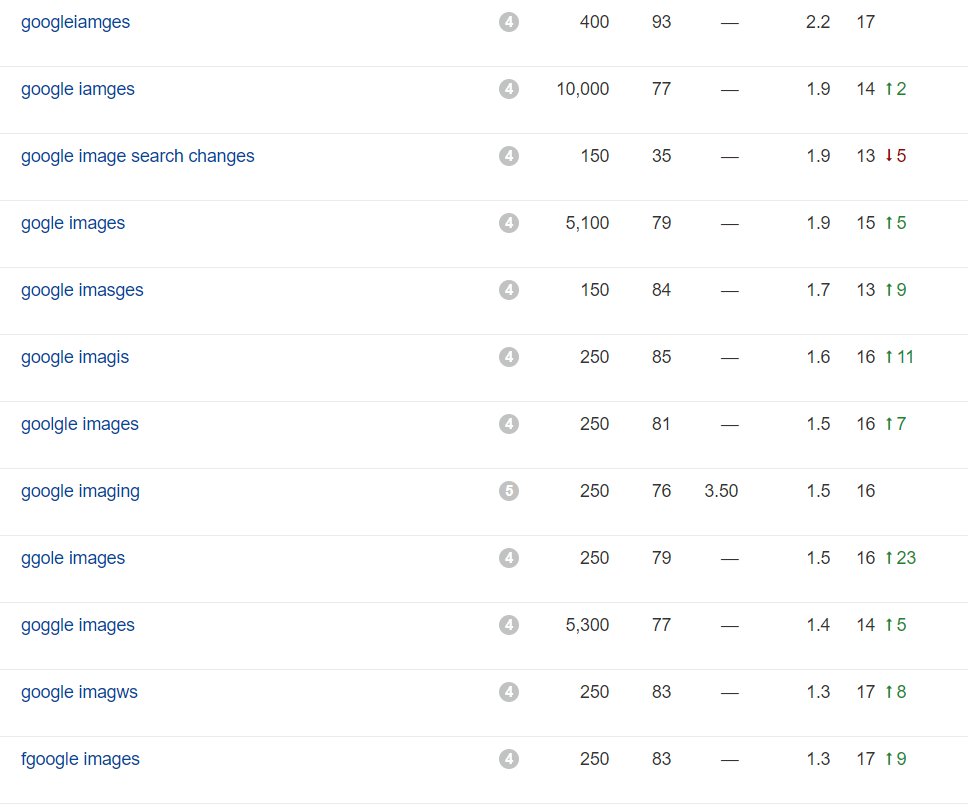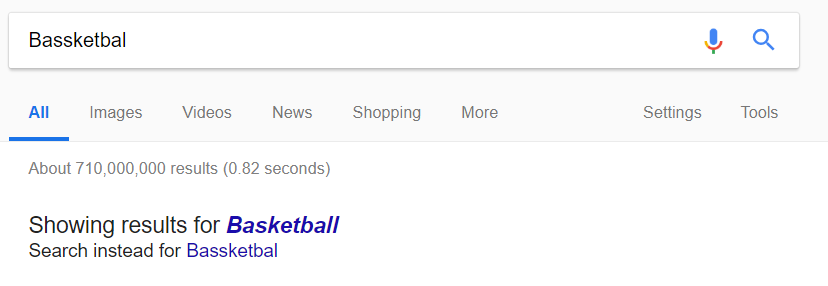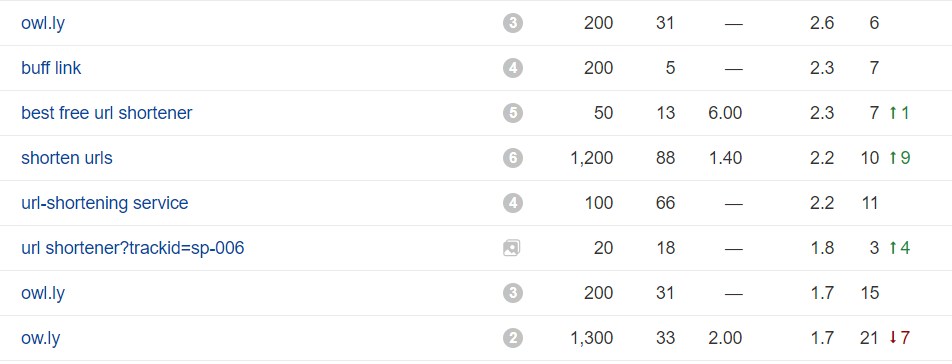A Look into Misspelled Keywords and Typographical Errors in Search
Typographical errors are something that tends to happen on a regular basis, whether it be from a typical post on a blog or social media, and even during search queries. For the lattermost part, Incorrect and misspelled keywords in search is something that tends to happen quite often.
When it comes to keywords, Google ensures that these typographical errors would still lead to the desired search results as much as possible. However, it is still worth looking into these incorrect and misspelled keywords and see how their impact can affect traffic to certain websites and search results.
Google and Typos
When it comes to looking for one of the most misspelled search terms on any search engine, perhaps few can come close to the number of times that Google has been misspelled. From Gogle, Gooogle, to Googel, the search engine’s name has been misspelled so many times that there is a considerable amount of traffic from it.
A look into one of our Google-related articles on Ahrefs shows that misspelled search queries are a viable source of traffic for these kinds of articles. As you can see, the number of incorrect keywords is quite abundant, and looking a bit further would help you see more incorrectly typed keywords. There are many reasons as to why people type them incorrectly, from simple keyboard lapses to people intentionally typing an incorrect term in order to find the correct one using Google. As mentioned earlier, Google has measures that make sure that users would learn the actual spelling of the keyword and take them to the results that they are looking for.
Incorrect Keywords and Traffic
As you can see, incorrect keywords have the potential to impact website traffic, as Google would attempt to correct the term, and take you to the closest related result. One example of mistyped keywords affecting the traffic of a webpage is our article about the Best URL Shorteners for 2018. One of the keywords used to find this article is ow.ly, which is one of the tools mentioned in the article, and it is also a keyword mistyped numerous times.
The volume of these mistyped keywords can range from a small 100 to 10,000 above, which is evidence of their impact on search traffic. Thanks to Google’s system, these incorrect search results can lead to meaningful results, making it a more effective search engine.
Search Habits
A look into mistyped and incorrect search terms also helps you know more about search habits as well. You can see how people conduct their search, from hastily typed searches that lead to typographical errors, seeing how words are linked together to get the intended result. Taking a look at this is important, as it helps you learn more about how to optimize your keywords in order for more people to be able to reach your article.
Upon looking at the numerous mistyped keywords in our URL Shortener article, it made me see the numerous ways that the article can be searched, which led to adding more relevant tags and other possible keyword combinations that people might enter. This helped me bring in more traffic to the article, as it allowed more people to find our posts. I’ve done this a few times already, and it has helped give a nice boost to a number of our articles.
Do you need to optimize?
When it comes to optimizing your keywords to be able to take advantage of these misspellings, it is best to make sure that you look into every possible keyword combination that has significant volume and add it as a tag or within the article. Depending on your topic, there can be dozens of keyword combinations that can be used, with some of them guaranteed to be able to lead to your article. Keyword research is always an interesting journey, as looking for competitive and high-traffic keywords is one of the first steps into starting a good SEO strategy.
Key Takeaway
Misspelled and incorrect keywords provide a nice look into search habits and word preferences and help you find out how people are able to discover your article through search. Through the use of keyword research tools, you can take advantage of these mistakes, and capitalize to make them work for you.
If you have questions and inquiries about keyword research and SEO in general, leave a comment below and let’s talk.



